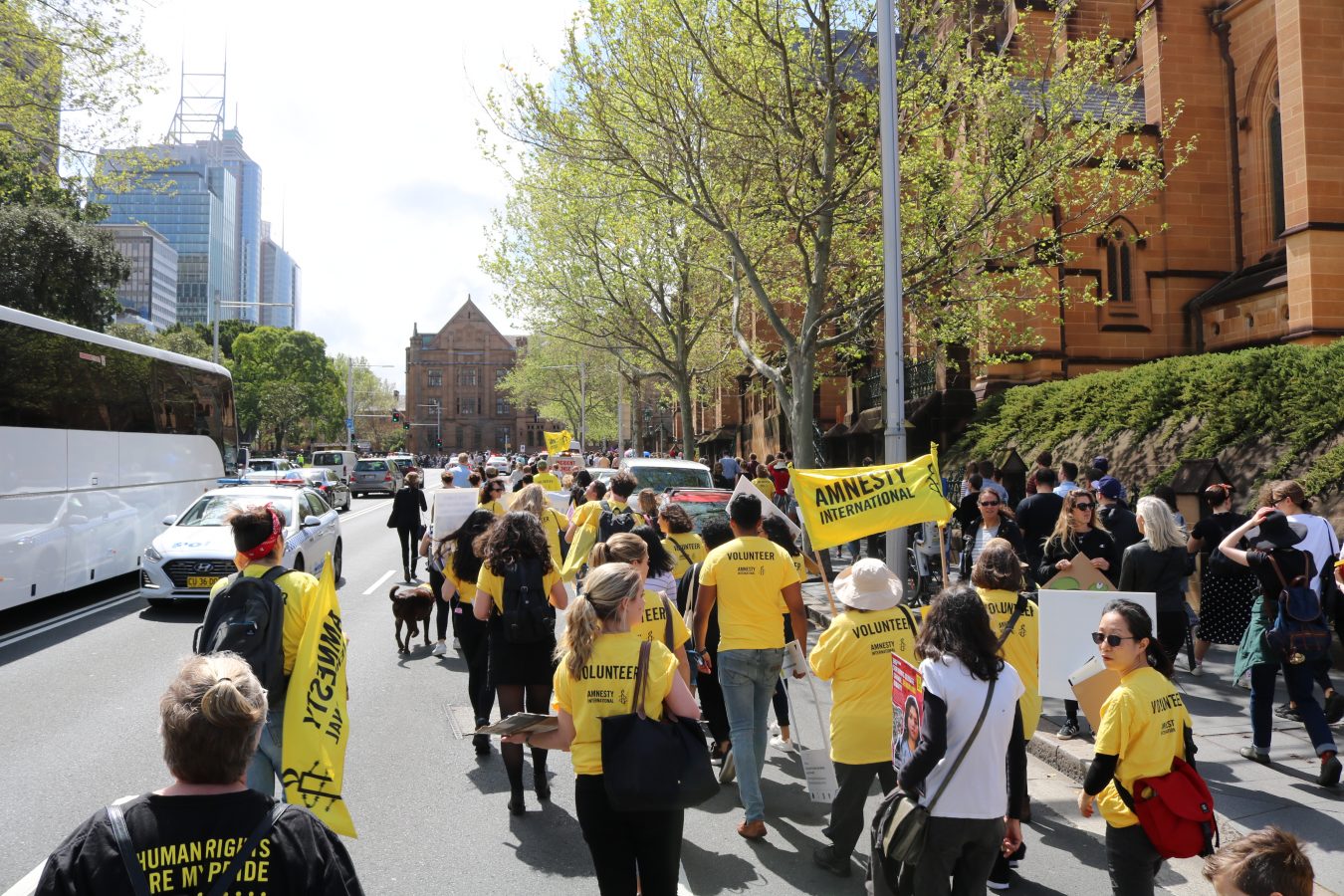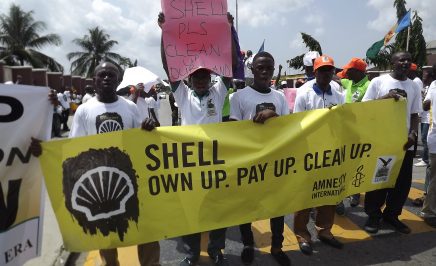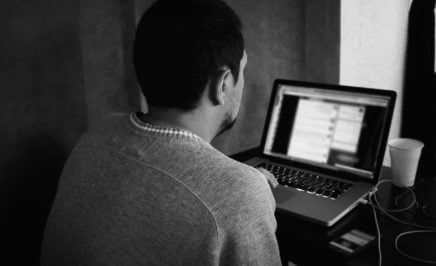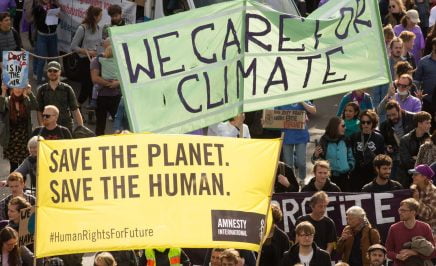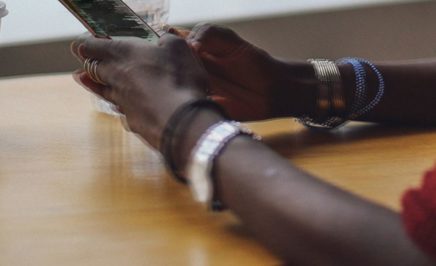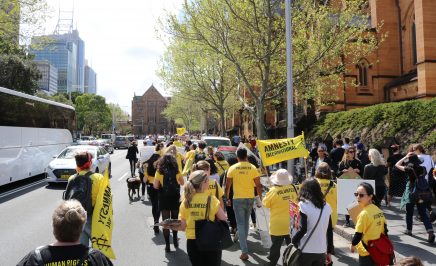It’s World Human Rights Day!
Human Rights are the basic freedoms and protections that belong to every single one of us. To coincide with this years theme “Youth standing up for human rights”, we surveyed young people aged 18 – 25 in 22 different countries, about their opinions on human rights and the state of the world. Respondents were asked to give their views on the current state of human rights in their country, which issues they particularly care about, which rights they feel may be under threat, and whether their leaders are doing a good job with regard to human rights or not. Our biggest global survey ever, insights demonstrate that young people have emerged as a powerful voice to be reckoned with on the global stage – and that their determination could shape the future of our world.
Young people think climate change is the biggest issue facing the world
If you are under 34 years old, you have never experienced a month of below average global temperatures. The climate crisis has come of age with millennials and generation Z, and they are hyper aware of this. Young people are conscious of the direct link between climate change and human rights including the right to life, health, food, water and housing. 41% of 10,000 young people surveyed said climate change was one of the most important issues facing the world, making it the most commonly cited issue globally. Earlier this year, hundreds of thousands of people attended attended climate strikes around Australia, and more than 2,500 businesses joined the strikes by allowing staff to attend.
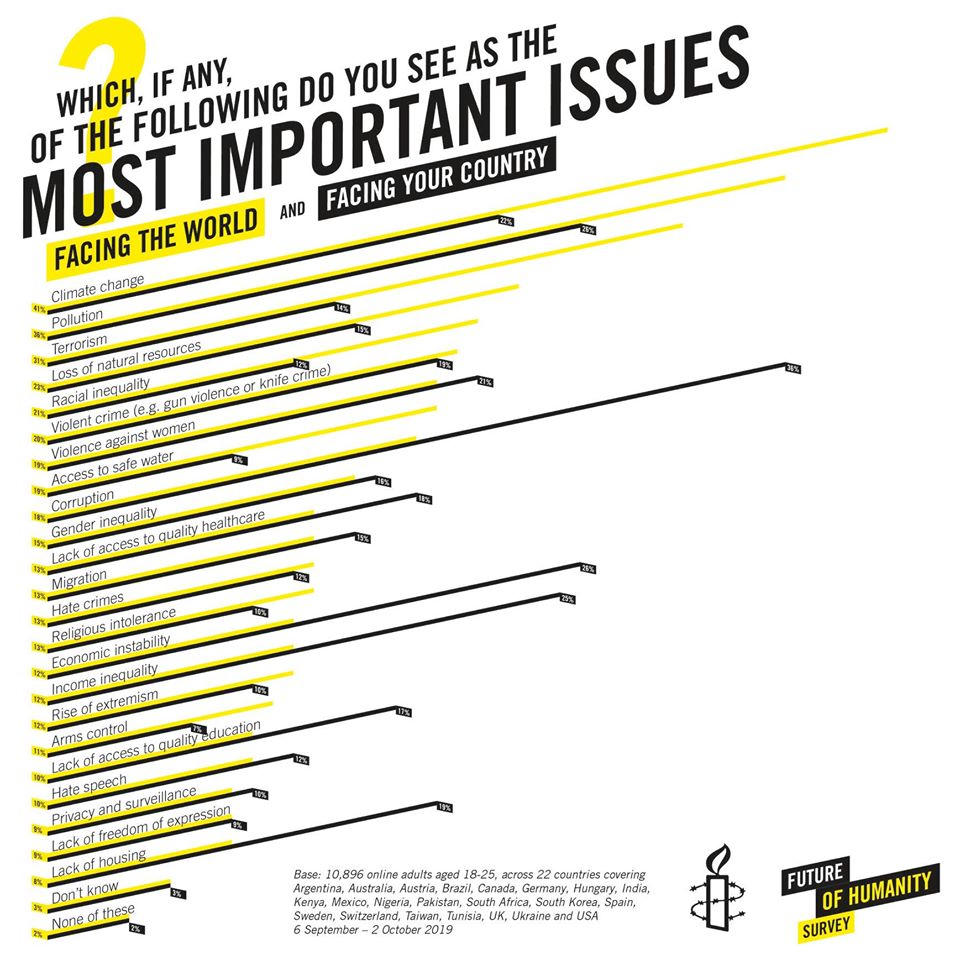
Air pollution is a big concern for young people
The second largest concern of young people globally is air pollution. This comes as no surprise, given the UN calls air pollution and climate change “two sides of the same coin” due to greenhouse gases and other air pollutants being major causes of climate change. Young people, and children especially, are more vulnerable to health impacts linked to air pollution. According to the World Health Organization, 90% of the world’s children breathe toxic air.
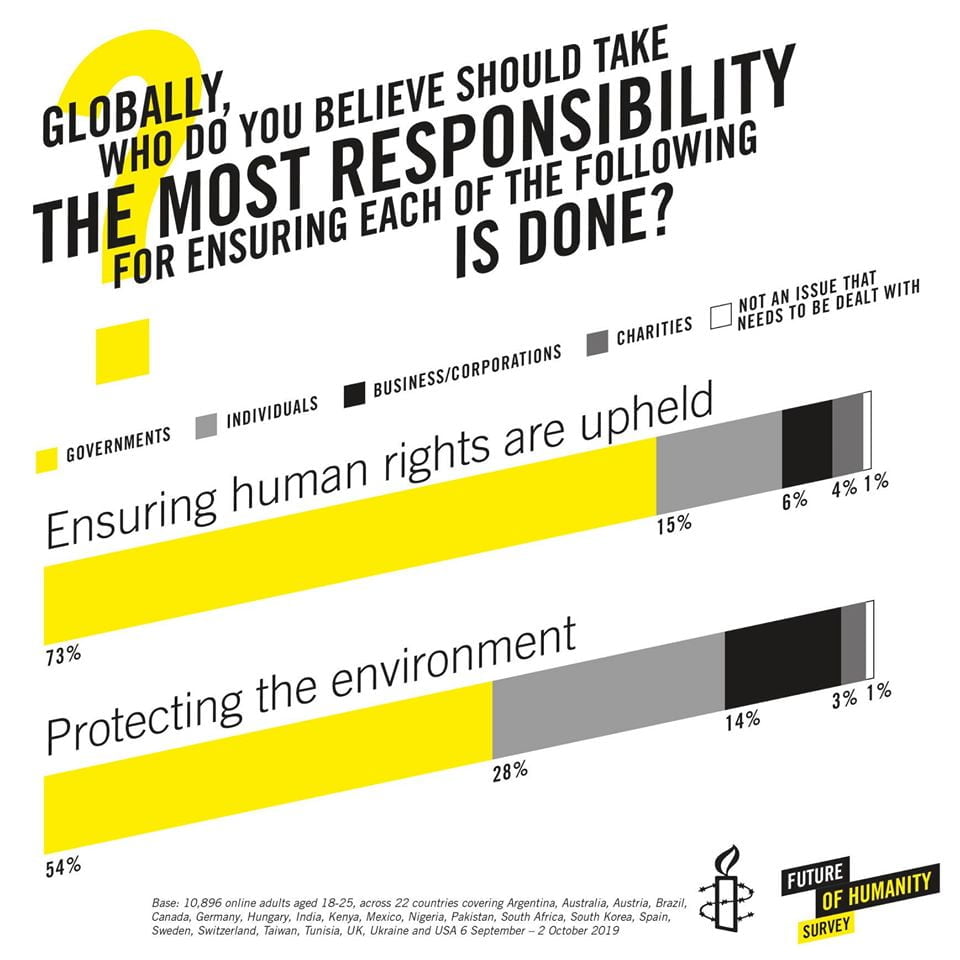
Young people believe governments have the most responsibility to protect human rights
While young Australians demonstrated their commitment to direct action with more than half indicating that protest (55%) and non-violent civil disobedience (55%) were effective ways to initiate human rights change, they still believe that the government has the most responsibility to protect and uphold our human rights – including the responsibility of climate action.
